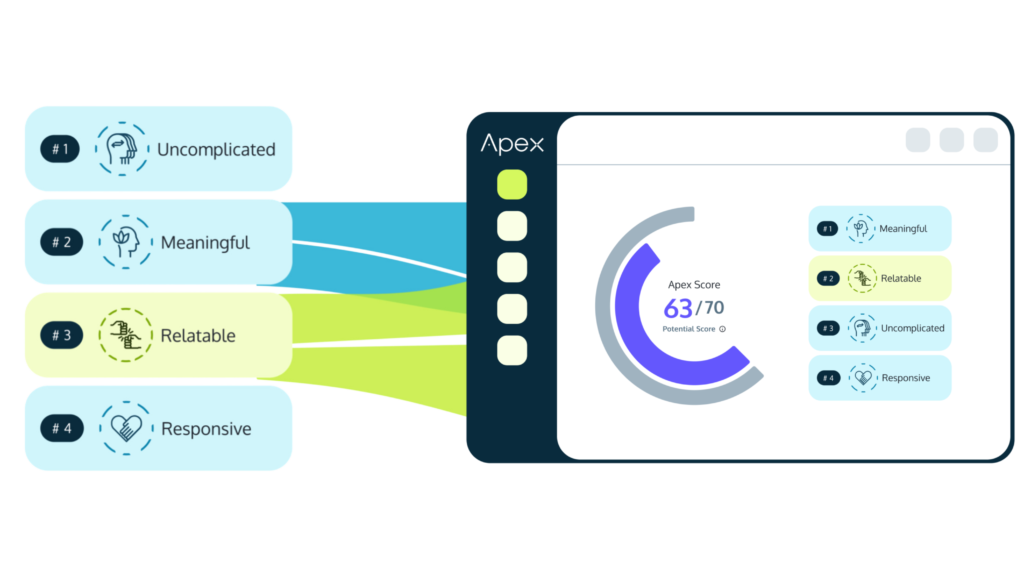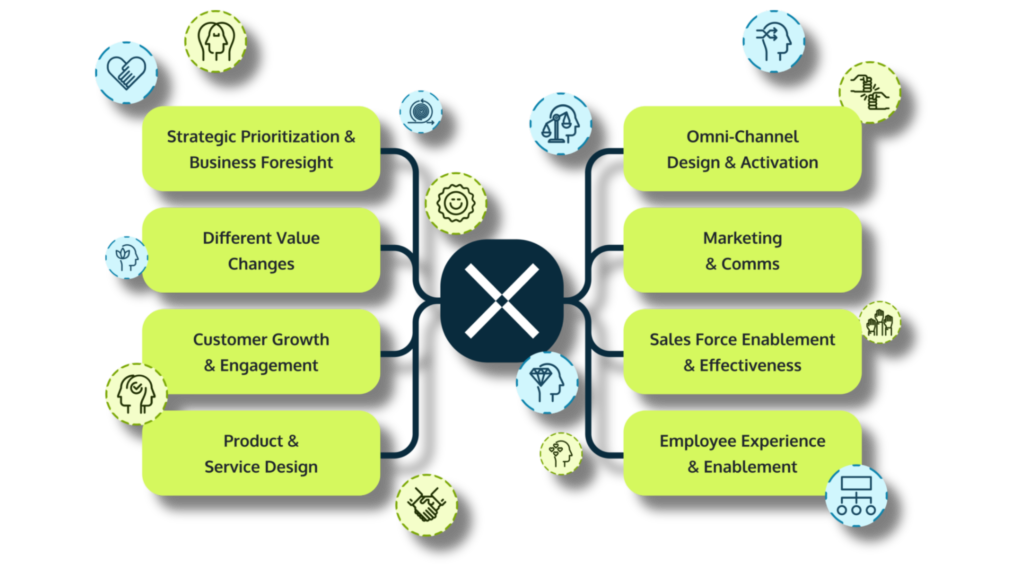In the ever-evolving world of CX measurement, a critical contradiction surfaces between traditional and innovative market research methods. As a growing number of businesses strive to decipher the intricacies of customer desires and translate them into tangible business outcomes, an exploration of research methodologies, customer focus, deliverables, and limitations reveals the unique characteristics of these contrasting methods. This article delves into the delicate balance between familiarity and innovative approaches, shedding light on their potential influence in steering meaningful business outcomes.
Research Methodologies
Traditional Market Research Approach
The traditional method, a longstanding pillar of market research, relies on industry-standard metrics such as Net Promoter Score (NPS) and Customer Satisfaction Score (CSAT). The approach of employing conventional research methodologies has proven effective in providing a snapshot of customer sentiments at a specific point in time, offering a structured and reliable foundation for understanding customer experiences.
Apex enables insights and experience teams to not only decipher intelligence but also assess its broader business implications, allowing them to contribute to a holistic impact on the business.
Apex Approach
Apex empowers its customers with a blend of authority, assurance, and clear attribution. In contrast to traditional research, which can be subjective and requires time and expertise to translate into actionable insights, Apex provides a streamlined solution. This enables insights and experience teams to not only decipher intelligence but also assess its broader business implications, allowing them to contribute to a holistic impact on the business. This, in turn, enhances their relevance and propels their agendas forward with the backing of concrete, hard-dollar data.
At the core of Apex’s innovation is the integration of behavioral science principles into its methodologies. Operating within a robust framework of 16 key desires that represent fundamental aspects of customer interactions, Apex continually hones this foundation through rigorous dataset testing. These desires encapsulate the essence of human needs and aspirations, offering a nuanced understanding often overlooked by traditional methods.

Going beyond conventional metrics, Apex strategically zeroes in on the top four desires crucial to business outcomes, all within the overarching goal of uncovering the drivers behind advocacy and intent. This tailored approach forms a dynamic recipe for cultivating customer relationships, demonstrating a keen acknowledgment of the unique nuances inherent in each brand’s audience.
Analysis
While the traditional approach adheres to familiar paths defined by standardized metrics, Apex pioneers a unique fusion of science and analytics that promises a more profound understanding of customer motivations, surpassing the limitations of traditional methodologies. Apex’s approach provides dynamic and quantifiable guidance, ensuring relevance over time, in stark contrast to the static nature of conventional research methods that quickly become outdated.
Customer Experience Focus
Traditional Market Research Approach
The conventional approach in customer experience measurement often revolves around capturing general satisfaction metrics to gauge overall customer contentment. This typically involves utilizing standardized surveys and quantitative analyses to measure satisfaction and loyalty. However, this approach stays at the surface level, focusing on the overall sentiment without delving into the deeper motivations and emotions that drive customer actions.
Apex Approach
Apex stands out by addressing the pivotal “why” and “what’s next” questions. It delves into the emotional and rational aspects of customer decisions, recognizing that understanding how customers feel significantly influences their subsequent actions. Apex’s groundbreaking approach provides actionable strategies for improvement and not only identifies areas of improvement prioritized by what will have the greatest impact, but also quantifies the potential impact of these improvements.

Analysis
Traditional research companies typically provide clients with comprehensive reports, executive summaries, data visualizations, and strategic recommendations. These substantial outputs provide insights into customer behavior, satisfaction, and market trends.
A significant drawback of the traditional method revolves around its reliance on time-bound deliverables. This entails that the conclusions drawn from the research may inadvertently neglect or not fully account for changes and developments that unfold after the designated research period has come to an end. The structured nature of time-bound deliverables constrains adaptability to external factors, leaving the research vulnerable to unforeseen events like sudden shifts in the market or unexpected global occurrences. This lack of flexibility not only compromises the research’s immediate applicability but also diminishes its long-term value.
Deliverables
Traditional Market Research Approach
Traditional research companies typically provide clients with comprehensive reports, executive summaries, data visualizations, and strategic recommendations. These substantial outputs provide insights into customer behavior, satisfaction, and market trends.
A significant drawback of the traditional method revolves around its reliance on time-bound deliverables. This entails that the conclusions drawn from the research may inadvertently neglect or not fully account for changes and developments that unfold after the designated research period has concluded. The structured nature of time-bound deliverables constrains adaptability to external factors, leaving the research vulnerable to unforeseen events like sudden shifts in the market or unexpected global occurrences. This lack of flexibility not only compromises the research’s immediate applicability but also diminishes its long-term value.
A significant drawback of the traditional method revolves around its reliance on time-bound deliverables.
Apex Approach
Apex takes a more intuitive approach to deliverables. It goes beyond the traditional confines by providing an intelligence engine that seamlessly integrates with existing systems, ensuring a hassle-free experience. Unlike standard reports, Apex doesn’t merely demand attention; it actively contributes to decision-making by simplifying complex data—apex also layers in unstructured data to give specific guidance and context on areas of improvement. The platform bridges the gap between insights and action, offering a more dynamic and responsive approach beyond a survey setting.
Analysis
The traditional model stands out for its well-established output. Clients receive comprehensive information, fostering a deep understanding of various aspects. However, the challenge lies in the lack of real-time insights, potentially limiting the agility needed in a rapidly evolving market.
On the other hand, Apex’s approach not only delivers substantial insights that can be measured in minutes, not weeks, but also redefines the model with a more dynamic, real-time, and actionable solution. The analysis underscores that while traditional market research provides solid deliverables, Apex introduces a more adaptive and responsive solution aligned with the demands of contemporary business environments.
Navigating the Crossroads of Tradition and Innovation
Businesses face a pivotal choice between tradition and innovation in the dynamic realm of CX measurement. While the traditional path provides comfort and familiarity, opting for it could mean missing the transformative potential concealed within customer emotions. The choice revolves around whether businesses are satisfied with standardized metrics or prepared to unveil nuanced insights that drive progress. Opting for the traditional route may inadvertently forego untapped possibilities reserved for those daring enough to embrace the future of CX insights.

Discover CX Innovation
Leave traditional market research behind and unlock the transformative potential of data-driven decision-making.




